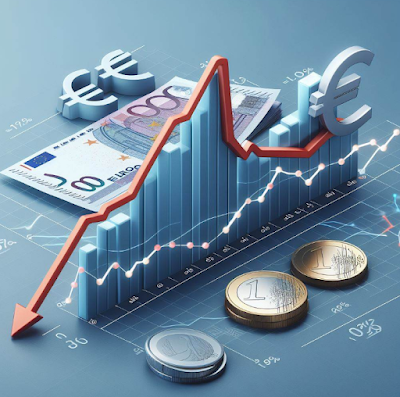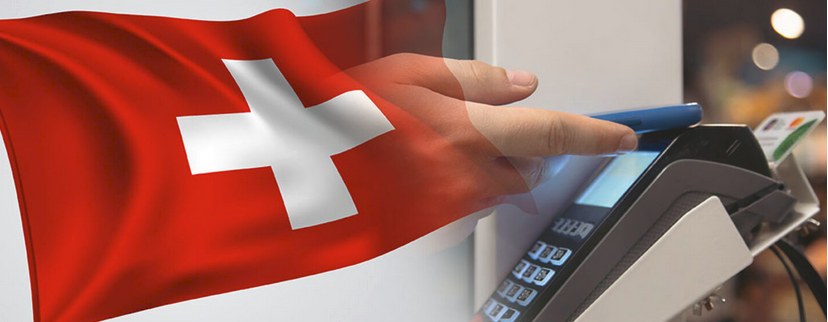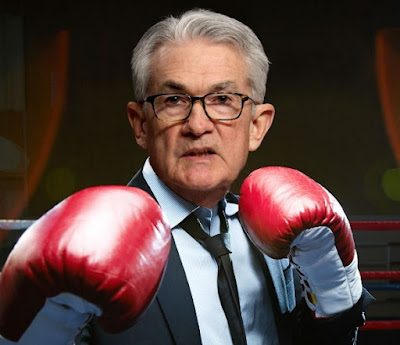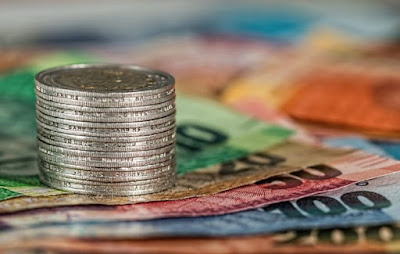SWISS voters used to hold their central bank in high esteem: one survey in 2013 found the Swiss National Bank (SNB) to be their most respected national institution. That may change after its shock decision on January 15th to abandon the Swiss franc’s cap against the euro. The franc instantly shot up by 30%, provoking howls of anguish from Swiss firms. “A strong franc threatens the entire Swiss system,” shrieked one Geneva daily.
The bank’s action was “a tsunami” for exporters, tourism and “the entire country”, protested Nick Hayek, chief executive of Swatch Group, the world’s biggest watchmaker, as he saw its shares plunge by 16% in a day. “Luckily I was sitting down” when the SNB called to warn of its impending announcement, said Johann Schneider-Ammann, the federal economics minister charged with trying to keep Swiss industry competitive. Exporters, he acknowledged, face a huge challenge.
Swiss hoteliers are among the most fretful. Tourism is the country’s fourth-largest foreign-exchange earner after chemicals, the machine industry and watchmaking, generating about SFr35 billion (now $41 billion) a year and 175,000 full- and part-time jobs. Switzerland was never cheap and is now even dearer. Hotels have not reported mass cancellations but have seen a slowdown in bookings, says Véronique Kanel of Switzerland Tourism, an industry association. How bad it gets depends on where the Swiss franc goes. It helps that “Swiss are very faithful to their own country when it comes to vacations”, she says. “But if you’ve got Swiss francs it’s more interesting to travel abroad now.”
The clear winner in the short term is the Swiss consumer. Upscale shops, luxury-car makers and expensive watch brands are offering hefty discounts. Mercedes-Benz in Switzerland has announced an immediate 18% discount on all models. A sale at Bongénie Grieder, a fashionable clothing store, already offered price cuts of up to 75%; now it has lopped 20% off all non-sale prices “for an indeterminate period”.
Retailers may still find life hard. Swiss luxury-goods shoppers spend less than their European counterparts and are driven more by value for money than by a brand’s reputation, according to a survey by Deloitte, a consultancy. More positively, the survey found they prefer buying local brands to support the economy. But many Swiss bypass high local prices by shopping online. Residents of Geneva or Basel have long hopped over the border into France or Germany to take advantage of lower prices. After the SNB announcement, Swiss media reported long queues of cars heading across the German border and cashpoints running out of euros.
Nor was it only Swiss nationals who were shaken. Foreign residents paid in other currencies saw the value of their wages tumble and the cost of their mortgages shoot up (a problem that has also hit east Europeans, especially Poles, who took out Swiss-franc mortgages). Expatriates paid in Swiss francs are uneasily aware how much more expensive they have become. Swiss-based multinationals have cut costs in successive rounds of pushing jobs to cheaper places. Those who survived previous rounds now wonder if theirs will go in the next one.
Full story here Are you the author? Previous post See more for Next postTags: Johann Schneider-Ammann,Nick Hayek,Swiss National Bank,Switzerland Tourism







































